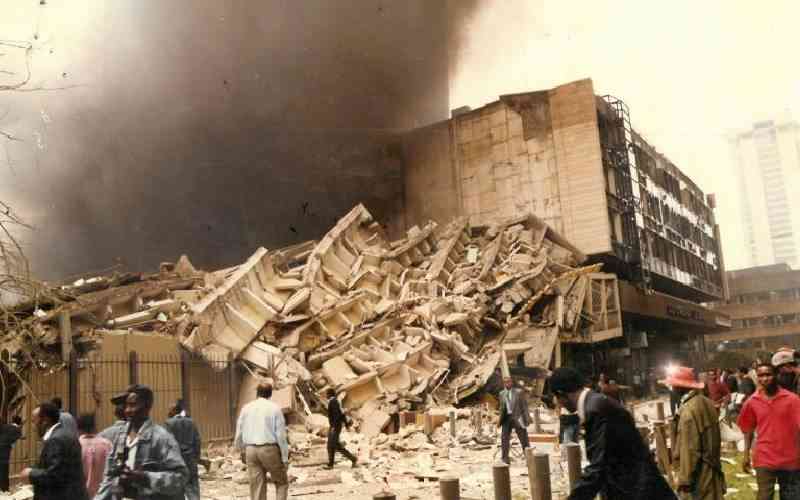
In the days after the blast, I visited the site with dozens of my colleagues every day and we told stories of death, tears and shattered hearts as local and international rescuers shifted through the rubble pulling out charred corpses and blood-soaked survivors.
It was a scene from hell. I had never seen such a horrific tragedy. A few days later, I dropped out of the rescue coverage team and shifted my attention to ongoing international investigations and manhunt for the bombers. This was the speciality I loved the most in my journalism career.